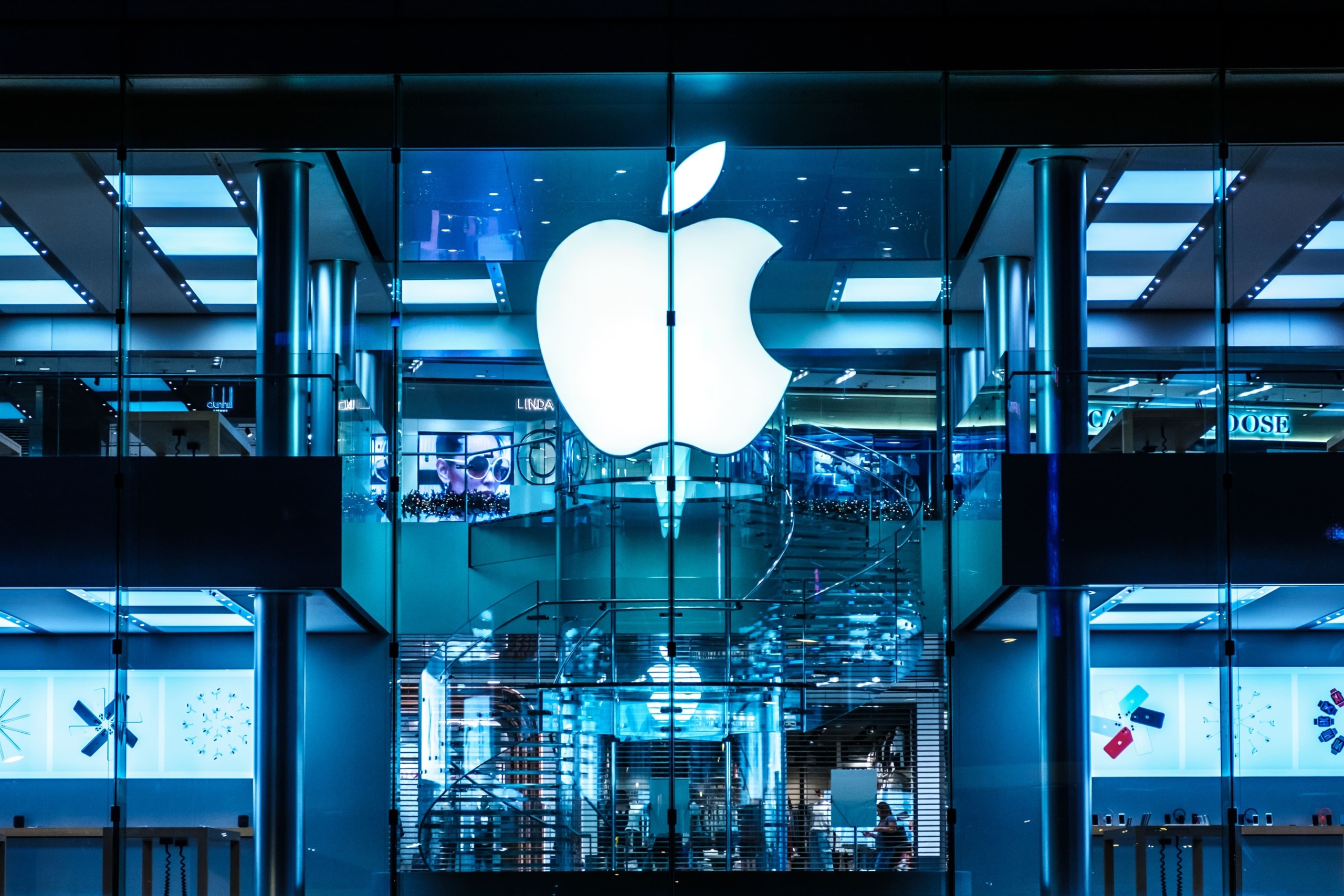Balanced Scorecard Helps Pick Best Causes
2 July 2021
An article in Forbes magazine shows how a charity fund is using a balanced scorecard to choose the best causes for donations.
The benefits of using a balanced scorecard can apply in a large number of unexpected places – including a US-based charity fund that is using the balanced scorecard to judge the merits of non-profit organisations and calculate how much cash to ‘invest’ in them.
The practice was highlighted in an article in Forbes, the US business magazine. The article focuses on New Profit, a fund that had raised $11 million and redistributed the money to eight charities along similar lines to a unit trust or other investment fund. Vanessa Kirsch, the fund’s manager, used a balanced scorecard to weigh up each organisation and judge how worthy a cause they were.
Balanced scorecard is the key
Forbes says, “The key to New Profit is its scorecard, which rates a non-profit on a series of financial and other sorts of benchmarks.
“An afterschool program, for example, can rack up good points for keeping down costs and improving student performance on standardised tests. New Profit investors get scorecards on all organisations once every quarter. They’re usually familiar with them already but, at a glance, they can tell if their money is being put to good use.”
The ‘investors’ that Forbes mentions can donate their money in all confidence that the recipient charity will be effectively putting it to use, because Kirsch knows – thanks to her balanced scorecards – which charities are performing poorly and redistributes funds accordingly. If one organisation starts scoring poorly across her basket of measures, Kirsh will withhold funding until they get their act together – or stop it completely and look for a better cause to support.
The balanced scorecard can work outside business
The fund’s goal is to support the growth of America’s non-profit organisations by using the same theories to select one to support as a hard-nosed investor would use in choosing a business to invest in. Microsoft and Cisco grew from small origins, Kirsch argues, so why can’t a non-profit organisation, if it thinks in the same way. And, like big US businesses, she used a model of the balanced scorecard developed by Robert Kaplan to measure the organisations.
Kaplan, the Harvard Business School professor who first developed the balanced scorecard for corporate clients, modified it for charities. The non-profit version looks at areas like social impact, user satisfaction, finances, goals met and staff retention, and is supported by a ‘growth plan’ – a list of ‘doable’ objectives, based on the balanced scorecard’s results – which the charity has to follow to get New Profit funding.
Success of New Profit’s balanced scorecard approach
The success of Kirsch’s balanced scorecard approach is demonstrated by the growth of the fund’s portfolio – which was growing at 35 per cent a year, compared with three per cent for the industry overall (at the time of the Forbes article). And, the magazine suggests, she may change her focus and begin applying the same techniques to another needy cause: health care.
Related Articles
7 Ways To Turn The ‘Bring Your Own AI’ Threat Into An Opportunity
As AI tools become increasingly accessible, companies face a new trend: BYOAI, or bring your own AI.[...]
AI Gone Wild: How Grok-2 Is Pushing The Boundaries Of Ethics And Innovation
As AI continues to evolve at breakneck speed, Elon Musk's latest creation, Grok-2, is making waves in the tech world.[...]
Apple’s New AI Revolution: Why ‘Apple Intelligence’ Could Change Everything
Apple's announcement of 'Apple Intelligence' marks a seismic shift in how we interact with our devices.[...]
Why AI Models Are Collapsing And What It Means For The Future Of Technology
Artificial intelligence has revolutionized everything from customer service to content creation, giving us tools like ChatGPT and Google Gemini, which can generate human-like text or images with remarkable accuracy.[...]
Where Will Artificial Intelligence Take Us In The Future?
Just a few years back, if you had been told that by 2024, you would be able to have a conversation with a computer that would seem almost completely human, would you have believed it?[...]
AI: Overhyped Fantasy Or Truly The Next Industrial Revolution?
The term “fourth industrial revolution” has been used in recent years to describe the transformative impact that many believe AI and automation will have on human society.[...]
Sign up to Stay in Touch!
Bernard Marr is a world-renowned futurist, influencer and thought leader in the fields of business and technology, with a passion for using technology for the good of humanity.
He is a best-selling author of over 20 books, writes a regular column for Forbes and advises and coaches many of the world’s best-known organisations.
He has a combined following of 4 million people across his social media channels and newsletters and was ranked by LinkedIn as one of the top 5 business influencers in the world.
Bernard’s latest book is ‘Generative AI in Practice’.










Social Media